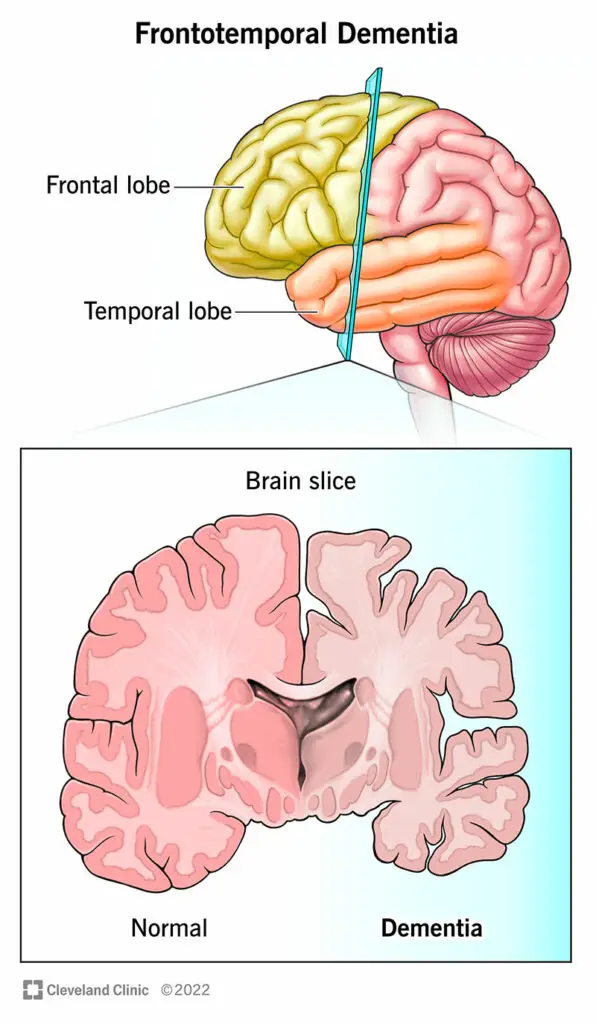I first came across this story of a 49-year-old man with dementia recognized the problem from a slight shift in his work ethic, and it stopped me in my tracks. Imagine being in your late 40s, expecting life to go one way, only to discover you have frontotemporal dementia (FTD). That’s exactly what happened to Peter Alexander, who initially had no idea his difficulties at work were linked to something so life-changing.
A Surprising Change on the Job

Peter’s first sign was a lingering feeling that things weren’t quite right at work. In his own words, deadlines started slipping, and during meetings, he’d blank on words—small issues that led this 49-year-old man with dementia recognized the problem from a slight shift in his work ethic to see a doctor. It turned out his challenges went beyond mere forgetfulness. He was dealing with a specific form of dementia that also recently impacted Wendy Williams and Bruce Willis: FTD.
Understanding Frontotemporal Dementia

According to the Mayo Clinic, frontotemporal dementia is an umbrella term for brain diseases that affect the frontal and temporal lobes. These areas are deeply tied to our behavior, language, and personality. People with FTD might become impulsive, socially inappropriate, or suddenly have trouble with speech. For Peter, though, a simple stumble in his usual work performance was enough to set off alarm bells.
Coming to Terms with a Tough Reality

When Peter finally got the results, he remembered the date clearly: January 14, 2018. That was the day a neurologist confirmed his FTD diagnosis. Because of safety concerns and his diminishing judgment, he had to leave his job. Sadly, that’s the harsh truth for this 49-year-old man with dementia recognized the problem from a slight shift in his work ethic—his life turned upside down. Yet he wants people to look beyond the condition and still see him for who he is.
“Inside, I’m Still Peter”
Peter says people often reduce dementia to just “forgetting things.” But FTD can show up in different ways—like losing your filter or having trouble with words. Even though he’s 56 now, he insists he hasn’t changed internally. He may not express himself the same way he once did, but he’s still Peter. That’s the real lesson here: while a 49-year-old man with dementia recognized the problem from a slight shift in his work ethic, his identity, personality, and heart remain.
Please SHARE this article with your friends and family on Facebook!
Bored Daddy
Love and Peace
